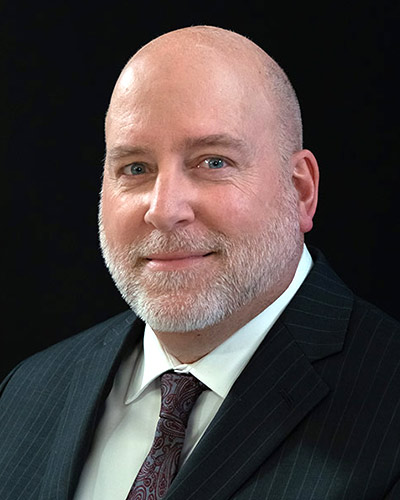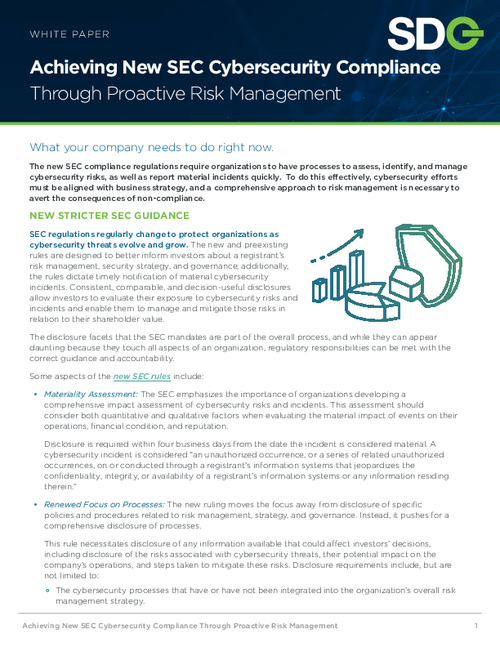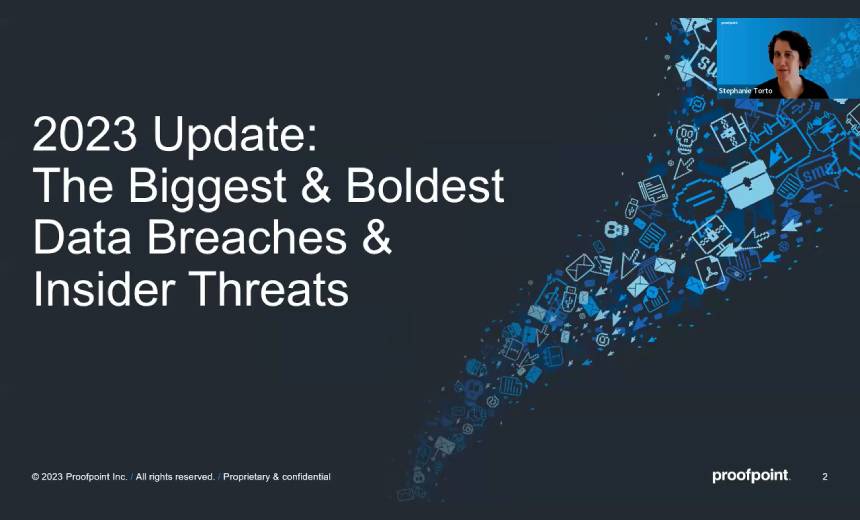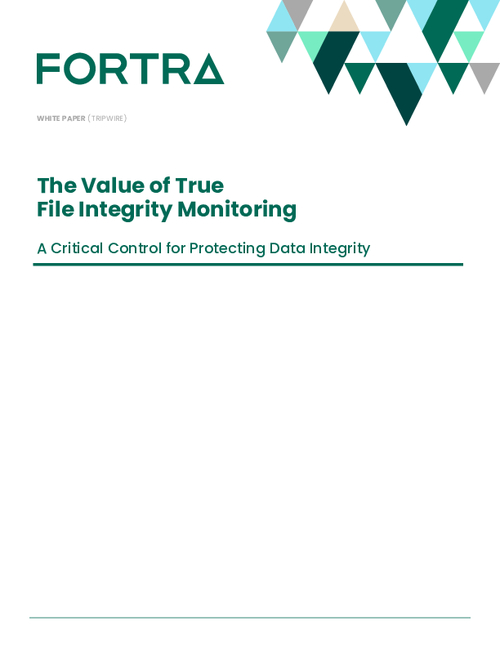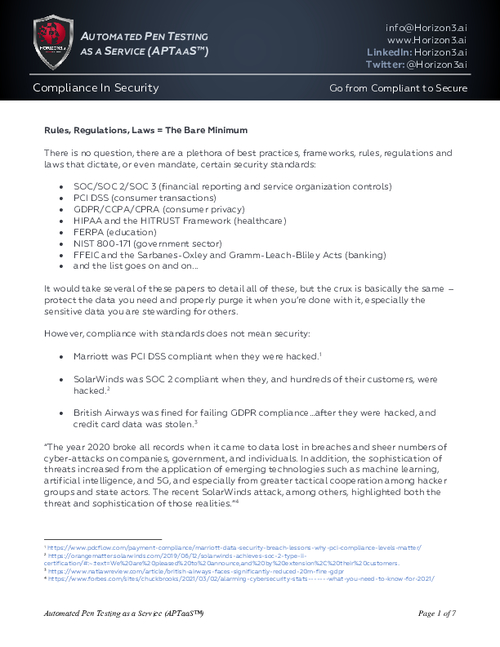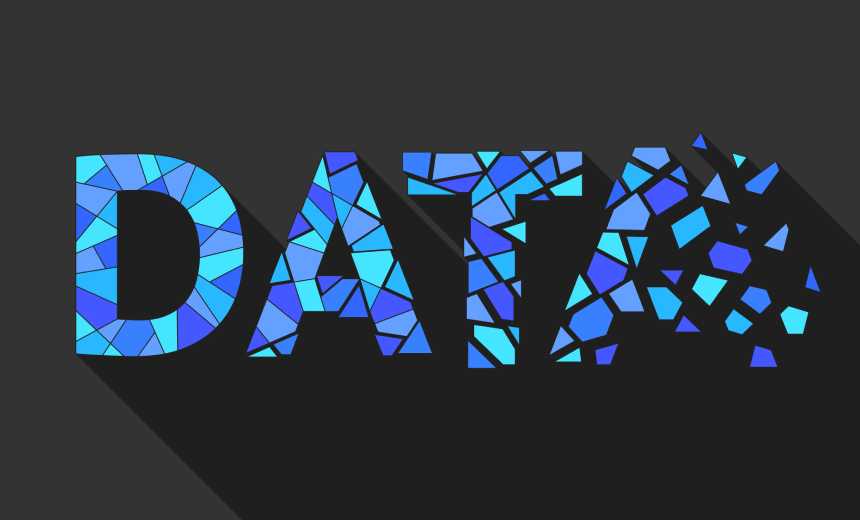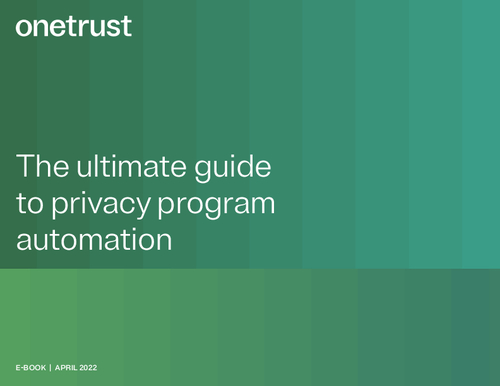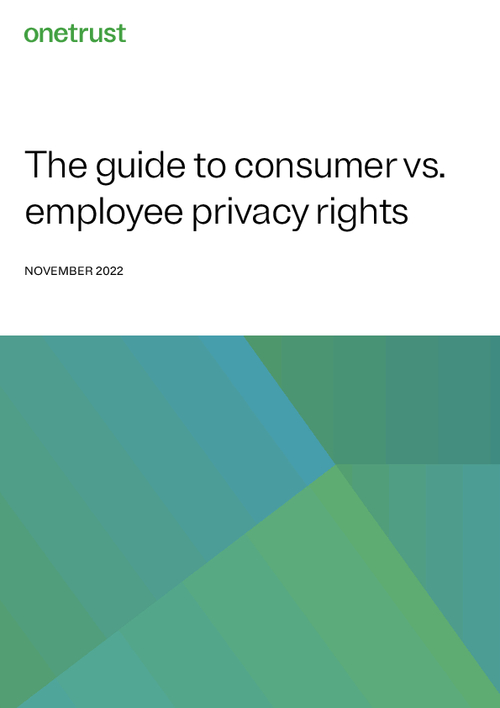Regulatory Reform: "We're Easy Targets" - Alex Sanchez, Florida Bankers Association
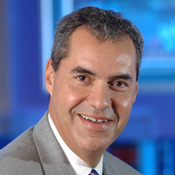
"We're easy targets," says Sanchez, who fears Main Street institutions will take it on the chin from legislators for economic mistakes made by Wall Street and non-banking firms.
In an interview on the state of banking in Florida, Sanchez discusses:
Sanchez serves as President and Chief Executive Officer of the Florida Bankers Association (FBA). Founded in 1888, and located in Tallahassee, the FBA is the leading voice for Florida's banking industry. Sanchez' responsibilities include representing and advocating for Florida's banking industry before all legislative and regulatory bodies in Tallahassee and in Washington. Before joining the FBA, he was an attorney at Sinclair Louis, a Miami based law firm, specializing in business law; Consolidated Bank, Assistant General Counsel; and the Florida Department of Commerce, General Counsel. From 1989 to 1993, Sanchez served as Senior Corporate Attorney for GTE Information Services in Tampa.
TOM FIELD: What is the state of the banking industry in Florida today? Hi, this is Tom Field with Information Security Media Group, and I'm talking with Alex Sanchez, the head of the Florida Banker's Association. Alex, it is a pleasure to talk with you again. It's been almost a year since we did speak.
ALEX SANCHEZ: Hey, Tom, great talking to you again, and appreciate you setting this interview up.
FIELD: So Alex, how have things changed since last we spoke just almost exactly a year ago?
SANCHEZ: Well, Tom, we've been through some challenging times, but our banks are still here still serving the communities throughout Florida, and [helping] our customers making dreams come true through the purchases of homes and to the start-up of small businesses. So our banks are lending and are actively engaged because as our communities grow, so do our banks, and obviously none of us are happy in the times that we're living in, but we also realize that as many of us do, we've been through tough and challenging times before and we've made it out of those times, and we'll make it out of these times as well. So Florida banks are doing well, meeting those challenges and ready to get through this sooner versus later.
FIELD: Alex, where would you say that Florida institutions are unique in the nation compared to institutions in other parts of the country?
SANCHEZ: Well, I don't know if we are unique, Tom, because at the end of the day the heart and soul of not only Florida's economy, but our nation's economy, is small business. So, bankers are lending for the purchase of a home, which is obviously as you know very normal thing that Americans do, and also the start-up of a small business. So in that regard, we are no different. Perhaps we are different -- we have been in a growth state, and there are only three or four other states that really could match us in that regard. And even with the slowdown of the last year or two, Florida will still surpass New York. It is expected in the next census this year to become the third largest state in the country behind California and Texas. So, our Florida banks are meeting the needs of our small business customers in Florida and the homeowners in our state. In that regard, it is no different than anyone else.
FIELD: What do you find to be your state institution's biggest banking challenges this year as we start to get into 2010?
SANCHEZ: I think it is with the regulators, Tom. I think the examiners can over-press and be over-zealous in their examination of our banks. At the end of the day, our bankers believe in their customers, want to work with our customers. If the examiners do not give us the time to work through loans with our customers, we're never going to jump-start this economy. It is a death-spiraling if our examiners ask us to ask our customers to raise a million dollars in cash to put into the loan project. That means then our customers have to fire-sell some of their assets, which means at a fire sale they're going to be appraised a little lower, which means it affects the appraisal value of the surrounding properties, and then if we have to write this off it will keep hurting our capital condition of our banks, and nobody wants that. So you know, we need more time to work through these issues with our customers, who are again the small business owners and the major employees of our state if we are going to jump start this economy.
FIELD: Well, let me ask you about regulatory reform. When we spoke a year ago there was a lot of buzz about it. That kind of went away and everybody jumped into healthcare, but now everybody is jumping back into banking again. What do you expect to see in terms of regulatory reform this year?
SANCHEZ: Well, look, the President and some members of Congress have forgotten about who started the financial crisis. It was Wall Street, not Main Street, and our traditional FDIC banks have serviced our customers, provided the stability needed, and it was the non-bank lenders and the non-bank institutions who really should be targeted by some of these proposals flying around in Washington today. And I've been disappointed that the President himself came out on his white paper on the proposed Consumer Finance Protection Agency and said that 94% of the toxic mortgages that Americans obtained came from the non-banks, the non-FDIC traditional banks. So if that is the case, then why are you going after the FDIC banks then, sir? It will be my response to the President. You know, get the mortgage brokers, get all these mortgage companies and the like who really don't have the level of scrutiny that FDIC banks have with four federal banking regulators, the FDIC, the OCC, the OTS, and the Federal Reserve Bank in the United States in addition to the State Banking Regulator. So you know, target the SEC. You know, not one head has rolled yet because of Madoff at the SEC, The Securities Exchange Commission. Why is that? You know, Tom, can I ask that question? I mean you know, who's regulating the rating agencies? ho put Triple AAA on investment securities ... when in fact it was Triple DDD rated. Do we know how they put that Triple AAA on something that was really Triple DDD? Nobody knows. Certainly nobody in Congress does. So let's go after them, not the traditional FDIC banks. But at the end of the day, they end up going after us because we're an easy target, and Congress needs to really put it's attention where it's needed, and that is the non-banks who really caused this crisis.
FIELD: You think, Alex, that you'll see substantive regulatory change this year, or just more talk about it?
SANCHEZ: I hope it is, but I hope it's against again the non-banks and those financial service players who made risky moves and took risky positions. ... If we do, we'll probably see some legislation in the too big to fail category, so there will never be an institution that will be considered too big to fail, and then hopefully the targeting of the non-FDIC the targeting of the non-banks who played a role. Quite frankly, Tom, many of them are out of business now, many of these non-FDIC banks who caused this crisis are out of business. What I think Congress should do is work to prevent any such type of entity from every mushrooming again and having such a big impact in our economy in our country when in fact they helped cause the crisis.
FIELD: Alex, when we spoke last year we talked about security and the biggest security threat to your institutions was still traditional bank robberies. Well, certainly since then we've seen the Heartland Breach, we've seen ATM fraud, ACH fraud and other schemes. What would you say this year is the biggest security threats to your institutions?
SANCHEZ: Well, it's a good question. Unfortunately, as you know Tom, [much of the job is] keeping up with the bad guys, who tend to always change their modus operandi and update their technological methods. So we'll have to see what they come up with, and that is unfortunate, and that is why our industry spends billions of dollars in securitizing our accounts and keeping our customer's information safe and secure against these types of breaches and bad guys.
FIELD: What have you found to be the biggest threats to institutions you speak with?
SANCHEZ: I think what you named last year is probably right on point. But what will happen this year that remains to be seen, and we hope that we can put a lid on it, as they say.
FIELD: Well, we're in a new year now in terms of banking and regulation security. What do you expect are going to be the big banking stories that Florida institutions are talking about this year?
SANCHEZ: I think getting over this economic period that we're living in. I think that's going to be the key. I think that is what is mostly on our banker's mind and their customers, getting through this and stabilizing real estate, being smarter about growth in the future. Obviously, we've all learned from this experience from the last two years. Remember, we only control 40% of the lending market in Florida and in the country. The other 60% was controlled by the non-FDIC banks. So, as a Federal Reserve economist recently told me, the economy started turning south when all this sub-prime money went away that was flowing around the community. That was issued by the non-banks. I think Fannie and Freddie have to get a grip on what kind of securities are they buying, what kind of mortgages are they buying in the secondary market -- are these people qualified; who gave these loans? Because if you get it from FDIC bank, a banker wants not only for you buy a home, Tom, but more importantly they want you to buy a home that you can afford to stay in. So our biggest challenge is the government has got to put a lid on these non-FDIC lenders who are willy-nilly lending money to people, and we as Americans have to be held responsible too. I mean, it's our responsibility to live within our means, and that is something many Americans forgot in the last few years.
FIELD: Sure, well it sounds like you've got your work cut out for you, and it's going to be a lot of awareness not just with customers and with institutions, but with legislators.
SANCHEZ: Oh exactly, exactly, because everybody wants to blame the banks for everything. At the end of the day, we need to point the fingers at ourselves. Banks make loans as a living, but again banks only controlled 40% of the lending market, and to get a loan from a banker you've got to qualify. So, now the President is saying, 'Why don't banks make loans?,' and yet we were criticized before for making too many loans. So which one is it, sir? You know, we just can't make loans to people. They have to qualify, because if you can not repay back the loan based on the scrutiny from the five regulators we have at state and federal level, our banks would get written up and sanctioned. So people have to qualify when you get a loan from the bank, and the problem was that the non-bank lenders were given these loans out like hotcakes to people who didn't qualify.
FIELD: Now, see, I'm ready to talk to you in another year from now and see how things are going already.
SANCHEZ: All right let's do it. Let's schedule a call for next year, Tom.
FIELD: Alex, a pleasure talking with you. I wish you well in 2010 and thank you for your time and your insight today.
SANCHEZ: Thanks, thanks a lot, call anytime.

